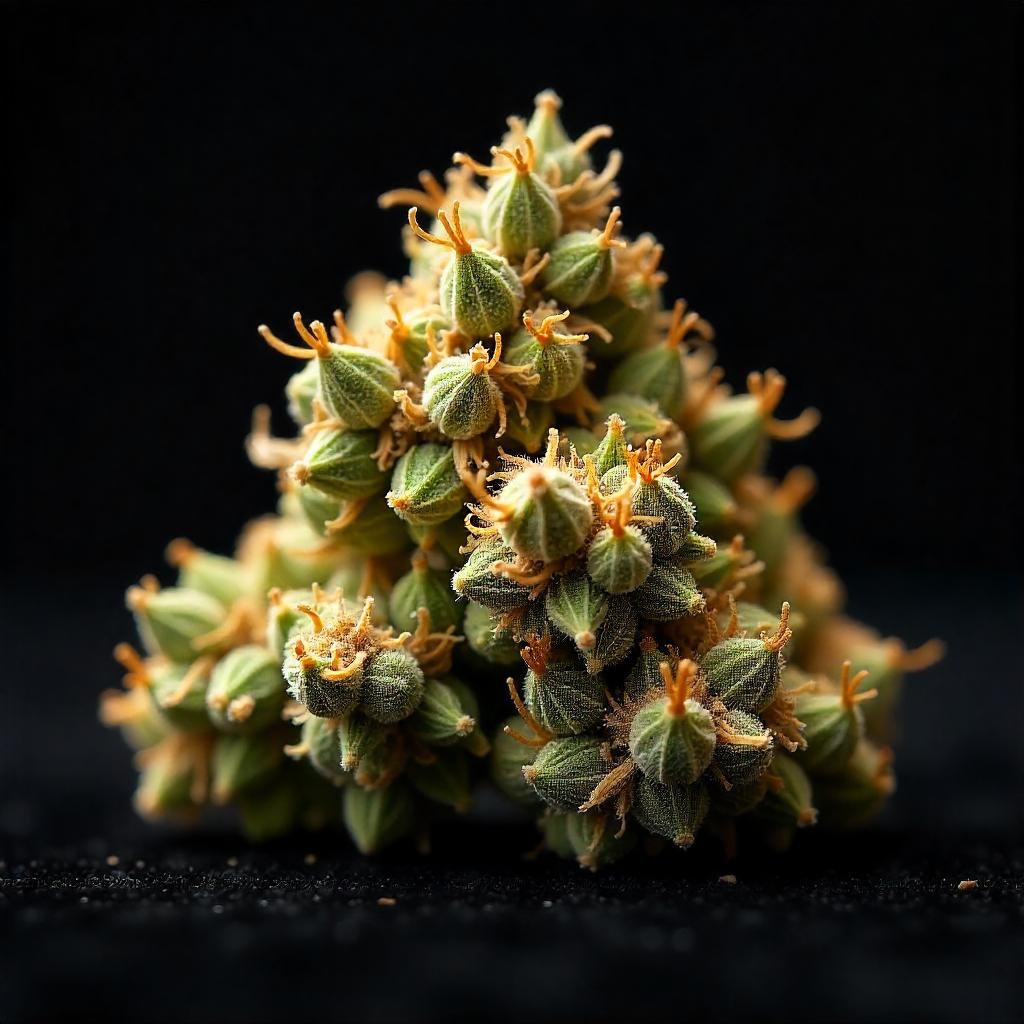Cannabis laws around the world vary widely, with some regions fully legalizing its use and others maintaining strict prohibitions. Whether you’re a consumer, business owner, or simply curious, understanding cannabis laws is essential to ensure compliance and make informed decisions. Here’s a breakdown of how cannabis laws are structured globally.
1. Categories of Cannabis Laws
Cannabis laws are typically divided into four main categories:
a. Legalization
In countries or states where cannabis is legalized, it is legal to buy, possess, and use cannabis for recreational and/or medical purposes. Legal markets are often regulated, with rules on:
- Minimum age for purchase.
- Licensing requirements for businesses.
- Limits on possession and cultivation.
Examples:
- Recreational and medical use: Canada, Uruguay, select U.S. states like California.
- Medical use only: Countries like Germany, Australia, and many U.S. states.
b. Decriminalization
Decriminalization means cannabis use and possession are not entirely legal but are treated as minor offenses rather than criminal acts. Fines or mandatory education may apply, but individuals are not usually jailed for minor possession.
Examples:
- Portugal, Netherlands, and parts of South America.
c. Medical Use Only
Many countries allow cannabis strictly for medical purposes, requiring a prescription from a licensed healthcare provider. These laws often regulate the types of cannabis products available, such as oils, capsules, or dried flower.
Examples:
- United Kingdom (limited medical use), Thailand, and Israel.
d. Prohibition
In prohibitionist countries, cannabis is completely illegal. Possession, sale, and use are treated as criminal offenses, often carrying harsh penalties.
Examples:
- Countries in Asia and the Middle East, including Singapore, Saudi Arabia, and Japan.
2. Cannabis Laws by Region
a. North America
- United States: Cannabis laws vary by state. Some states allow full recreational and medical use, while others only permit medical use or prohibit cannabis entirely. Federal law still classifies cannabis as illegal.
- Canada: Fully legalized for recreational and medical use since 2018.
- Mexico: Decriminalized for small amounts; legalization efforts are ongoing.
b. Europe
- Netherlands: Cannabis is technically illegal but tolerated in small amounts and in licensed coffee shops.
- Germany: Medical cannabis is legal, and plans for recreational legalization are underway.
- Portugal: Decriminalized all drugs, including cannabis, for personal use.
c. South America
- Uruguay: The first country to fully legalize cannabis for recreational use.
- Colombia: Legal for medical use and decriminalized for small amounts.
d. Asia
- Thailand: Recently decriminalized cannabis and allows medical use, though recreational use remains a gray area.
- Japan, Singapore, and Indonesia: Strictly prohibit cannabis, with severe penalties for possession or trafficking.
e. Africa
- South Africa: Personal use and cultivation are decriminalized, but sales remain illegal.
- Morocco: Legalized cannabis for medical and industrial purposes.
f. Oceania
- Australia: Medical cannabis is legal nationwide, and personal use is decriminalized in some states.
- New Zealand: Medical cannabis is legal, but recreational use remains illegal.
3. Key Issues Surrounding Cannabis Laws
a. Public Health and Safety
Governments often regulate cannabis to ensure public safety, such as banning impaired driving and limiting advertising.
b. Economic Impact
Legal cannabis markets generate significant tax revenue and create jobs, making legalization an attractive option for many governments.
c. Social Justice
Decriminalization and legalization efforts often aim to address the disproportionate impact of drug laws on marginalized communities.
d. International Treaties
Many countries adhere to international drug treaties that restrict cannabis use, complicating legalization efforts.
4. Tips for Staying Compliant
- Know your local laws: Cannabis laws can vary widely, even within the same country.
- Understand possession limits: Many regions set strict limits on how much cannabis you can legally possess.
- Avoid travel complications: Transporting cannabis across borders is often illegal, even between legal jurisdictions.

